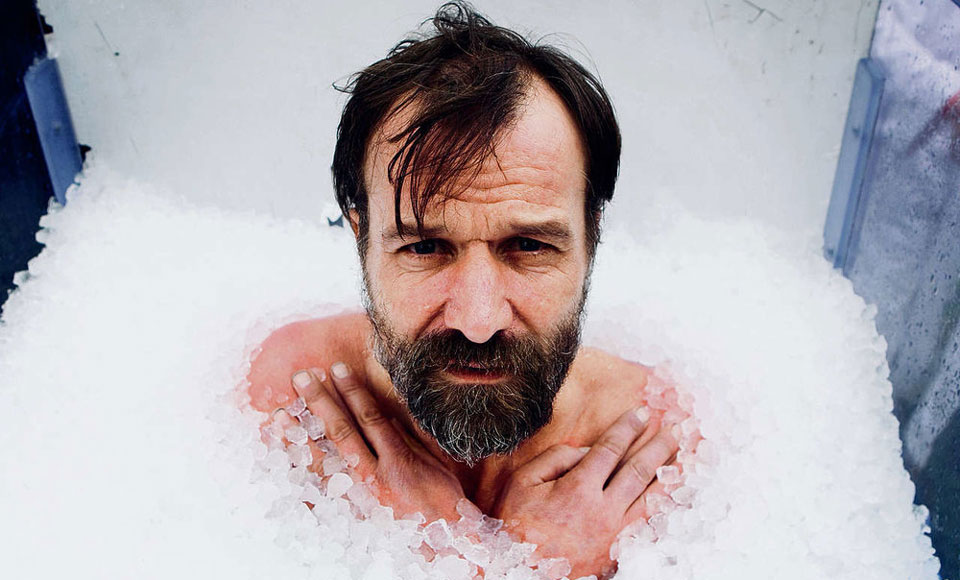When your roommate turns the dishwasher on halfway through your shower two things will likely happen. First, you’ll curse their selfish, clean-freak ways. Then you’ll notice the freezing cold water on your back is actually… not that bad. Pleasant, almost. You cautiously unpeel your body from the wall and shift back under the liquid nitrogen curtain.
Bliss.
If you haven’t experienced this; you’re missing out. If you have, you’ll know it can kickstart your day harder than a pimped out espresso. And there’s no surprise that the trend has spread, with study after study suggesting it has serious health benefits.
We’re not here to argue with this—cold showers can no doubt boost muscle recovery, immunity, circulation, alertness and even aide with depression.
And the media coverage reflects the public’s increasing interest: from Vice’s piece on the popularity of swimming (in trunks) in Brighton’s icy waters to today’s ABC’s report on an Aussie ‘outdoor swim enthusiast’ who travels to New Zealand to swim naked with icebergs, cold water therapy is a burgeoning phenomenon.
And that’s not to mention fitness freak, nutritionist and author of The World’s Fittest Book, Ross Edgley, who has showcased some shiver-inducing training sessions on his Instagram.
View this post on Instagram
But as tends to happen with most ‘wellness’ trends, some people have taken it to the extreme. And before this goes mainstream it’s important to understand the health risks, because even people like Peter Hancock, who the ABC today reported, “Has been pursuing outdoor swimming for more than 20 years,” are not immune from “afterdrop”—a potentially deadly phenomenon which occurs after exiting freezing cold water.
“I come out cold, but then as the blood from my extremities returns to my core, I’ll start to get cold again,” Mr Hancock told the ABC; “The rewarming, and preparing for that, is very important.”
According to Dr Garry Couanis, a specialist sports physician, you can train to increase your body’s capacity to deal with this, but never completely eliminate the risk, telling the ABC, “Cold water cools the body faster than almost any other medium.”
“The reason there is so much risk of hypothermia is as warm-blooded animals we rely on … stored energy in our muscles to burn it to generate our own heat,” he added.
“As the body shuts down, the brain gets confused, the heart rate slows, and a slow heart rate puts you at risk of developing arrhythmias.”
Oh and this is all if you get past the initial shock, which can—particularly if you are inexperienced—trigger an automatic and potentially deadly response to inhale.
So why, again, do people do it? As Mr Hancock’s next comment suggests—for the same reason they climb mountains, surf and skydive.
‘”It gives you a bit of a buzz.”
